Japan-Vietnam ink landmark investment pact
The long-awaited agreement between Vietnam and Japan for the liberalisation, promotion and protection of investment was finally signed in Tokyo last week by Vo Hong Phuc, Minister of Planning and Investment and Yoriko Kawaguchi Japan’s Minister of Foreign Affairs.
In principle the agreement guarantees national treatment and most-favoured-nation treatment to investors and their investments in both countries at the initial stage of investment.
In addition, it prohibits the respective authorities from imposing so-called ‘performance requirements’ to provide the rules in terms of liberalisation, promotion and protection of investment in a comprehensive manner.
Yasukata Fukahori, head of the Economic section of the Japanese Embassy said the agreement was of “a new type” never entered into by Japan before.
According to Yasukata, attached to the agreement is an appendix, still under consideration, of industries and sectors to be excluded from the regulations imposed by the compact.
“I think the privileges offered by the Vietnamese side in the agreement are not less than those it gave in the bilateral trade agreement with the US,” he said.
Phan Huu Thang, Director of Foreign Investment Agency said the agreement was a milestone in the economic relations between the two countries and would push foreign direct investment (FDI) from Japan to Vietnam.
“It [the agreement] reflects the determinations of the two government to boost economic and investment relations further,” Thang told Vietnam Investment Review from Tokyo.
Japan is Vietnam’s largest investor in terms of disbursed investment value. From 1988 to September 2003, Japan’s cumulative disbursed investment capital to Vietnam was estimated to have been $3.887 billion.
Near 72 per cent of projects and 75 per cent of total investment capital was in the manufacturing and construction industries, while 21 per cent of projects and 23 per cent of capital were in the service sector.
During the period from 1992 to 1997 there was a massive FDI influx from Japan to Vietnam but, since then, the FDI flow has been dramatically reduced and regional competition to attract Japan’s FDI has become fierce.
After the financial crisis in 1997, many ASEAN countries implemented FDI promotion policies, specifically designed to attract FDI from Japan.
Yasukata said Japanese businesses had paid great attention to the agreement and he forecast that there would be a surge in FDI from Japan when the agreement becomes effective following approvals of the two nations’ national assemblies.
According to a current Jetro’s survey, the majority of Japanese investors said their investment prospects in Vietnam had improved. Up to 80 per cent of them were planning to expand their businesses within the next three years.
The main reasons cited for the confidence included positive long-term prospects, the prospect of an expanding domestic market and national political stability.
In an another move, the Japan-Vietnam Joint Committee met last week to discuss the final draft of the initiative entitled ‘Vietnam-Japan Joint Initiative to Improve Business Environment with a view to strengthen Vietnam’s Competitiveness’.
The final draft covers the establishment and implementation of an FDI attraction strategy, investment regulations, capacity building for authorities, the improvement of investment related to institutions, the improvement of economic infrastructure and measures to give assistance to current investors to Vietnam.
The final report will be presented and endorsed by the summit meeting between the two prime ministers on the occasion of the Japan-ASEAN Special Summit scheduled to be held in Tokyo in December.
In addition, it prohibits the respective authorities from imposing so-called ‘performance requirements’ to provide the rules in terms of liberalisation, promotion and protection of investment in a comprehensive manner.
Yasukata Fukahori, head of the Economic section of the Japanese Embassy said the agreement was of “a new type” never entered into by Japan before.
According to Yasukata, attached to the agreement is an appendix, still under consideration, of industries and sectors to be excluded from the regulations imposed by the compact.
“I think the privileges offered by the Vietnamese side in the agreement are not less than those it gave in the bilateral trade agreement with the US,” he said.
Phan Huu Thang, Director of Foreign Investment Agency said the agreement was a milestone in the economic relations between the two countries and would push foreign direct investment (FDI) from Japan to Vietnam.
“It [the agreement] reflects the determinations of the two government to boost economic and investment relations further,” Thang told Vietnam Investment Review from Tokyo.
Japan is Vietnam’s largest investor in terms of disbursed investment value. From 1988 to September 2003, Japan’s cumulative disbursed investment capital to Vietnam was estimated to have been $3.887 billion.
Near 72 per cent of projects and 75 per cent of total investment capital was in the manufacturing and construction industries, while 21 per cent of projects and 23 per cent of capital were in the service sector.
During the period from 1992 to 1997 there was a massive FDI influx from Japan to Vietnam but, since then, the FDI flow has been dramatically reduced and regional competition to attract Japan’s FDI has become fierce.
After the financial crisis in 1997, many ASEAN countries implemented FDI promotion policies, specifically designed to attract FDI from Japan.
Yasukata said Japanese businesses had paid great attention to the agreement and he forecast that there would be a surge in FDI from Japan when the agreement becomes effective following approvals of the two nations’ national assemblies.
According to a current Jetro’s survey, the majority of Japanese investors said their investment prospects in Vietnam had improved. Up to 80 per cent of them were planning to expand their businesses within the next three years.
The main reasons cited for the confidence included positive long-term prospects, the prospect of an expanding domestic market and national political stability.
In an another move, the Japan-Vietnam Joint Committee met last week to discuss the final draft of the initiative entitled ‘Vietnam-Japan Joint Initiative to Improve Business Environment with a view to strengthen Vietnam’s Competitiveness’.
The final draft covers the establishment and implementation of an FDI attraction strategy, investment regulations, capacity building for authorities, the improvement of investment related to institutions, the improvement of economic infrastructure and measures to give assistance to current investors to Vietnam.
The final report will be presented and endorsed by the summit meeting between the two prime ministers on the occasion of the Japan-ASEAN Special Summit scheduled to be held in Tokyo in December.
What the stars mean:
★ Poor ★ ★ Promising ★★★ Good ★★★★ Very good ★★★★★ Exceptional
 Tag:
Tag:
Related Contents
Latest News
More News
- Vietnam’s economy on track for 6.5 per cent growth despite Typhoon Yagi, says HSBC (October 01, 2024 | 16:46)
- Vietnam urges China to expand market access for agricultural products and strengthen trade ties (October 01, 2024 | 16:42)
- IMF predicts Vietnam's economic growth to reach 6.1 per cent in 2024 (September 30, 2024 | 18:26)
- Deli Group breaks ground on $270 million factory in Hai Duong (September 30, 2024 | 18:17)
- Government considering tax on multiple properties (September 27, 2024 | 20:17)
- Accuracy more vital than ever in dawn of AI (September 26, 2024 | 20:44)
- Vietnam remains attractive destination for US businesses (September 26, 2024 | 20:23)
- New innovation centre inaugurated during HEF 2024 (September 25, 2024 | 09:00)
- China's Geely to build $168 million automobile facility with Tasco in Thai Binh (September 24, 2024 | 19:03)
- Spate of claims made in typhoon aftermath (September 19, 2024 | 17:00)




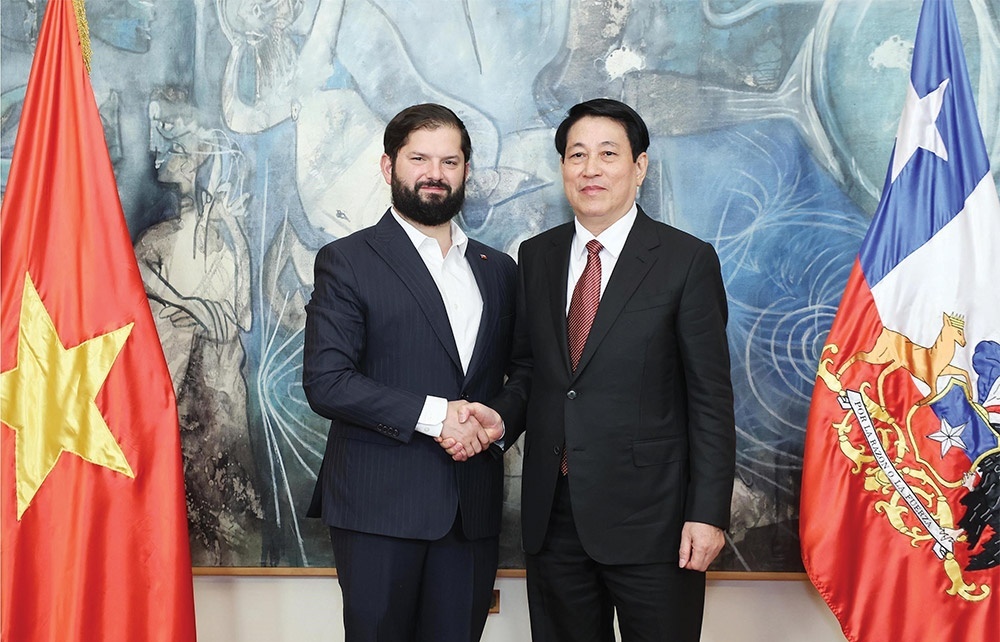
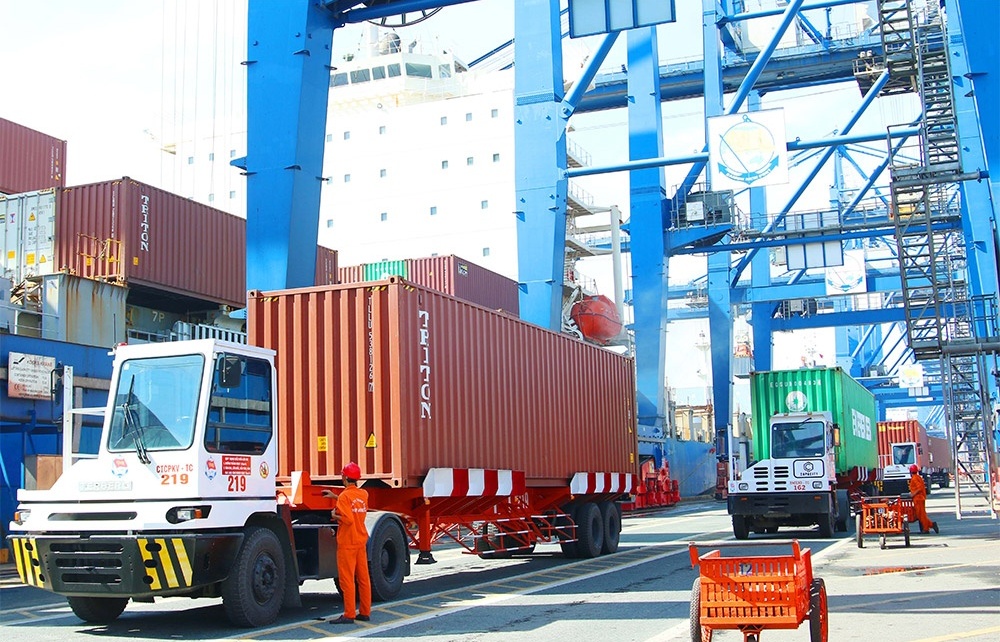

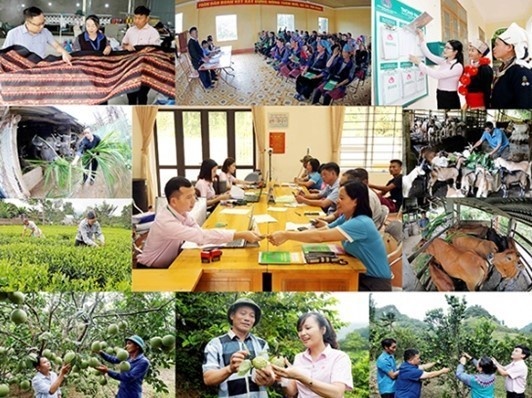
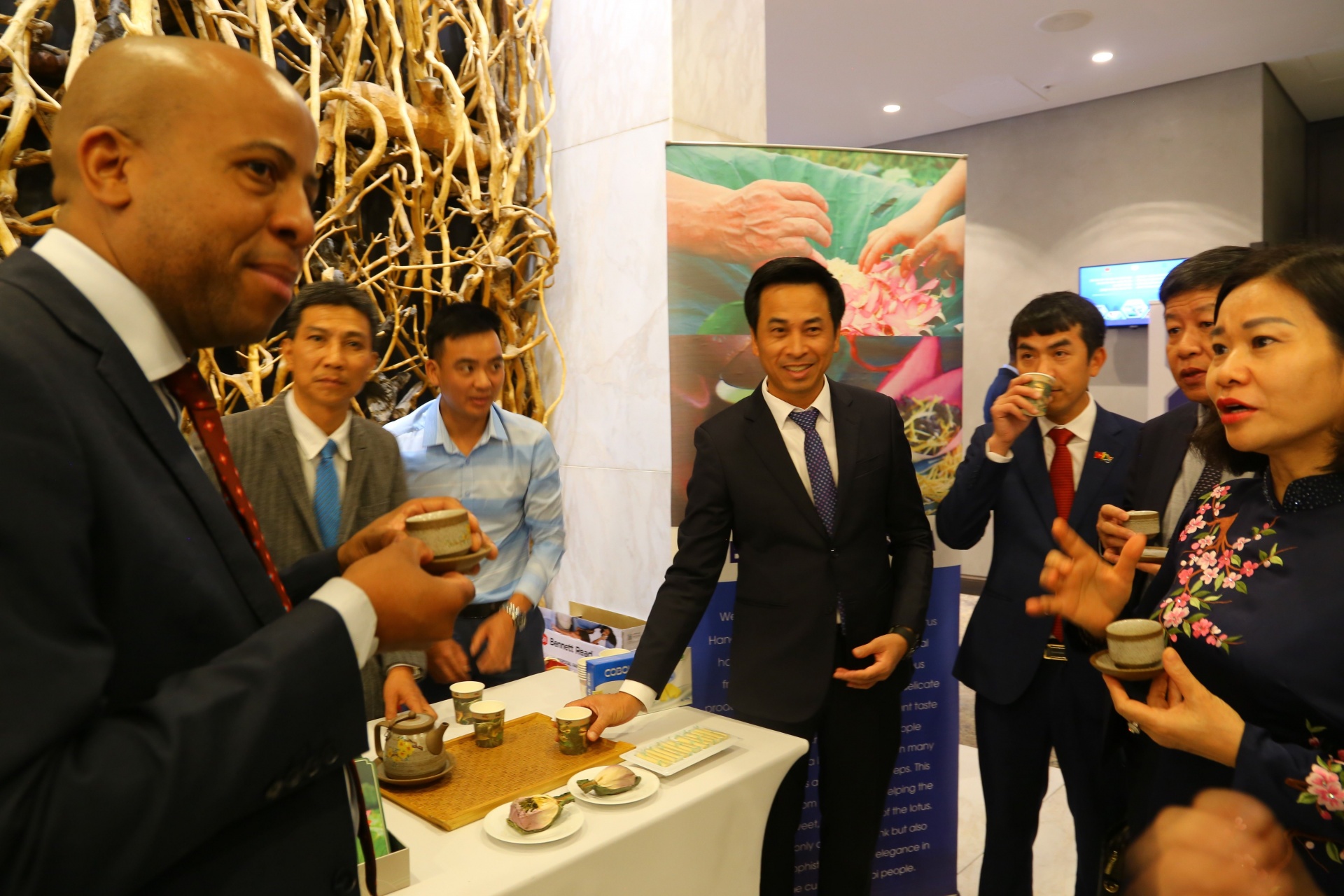
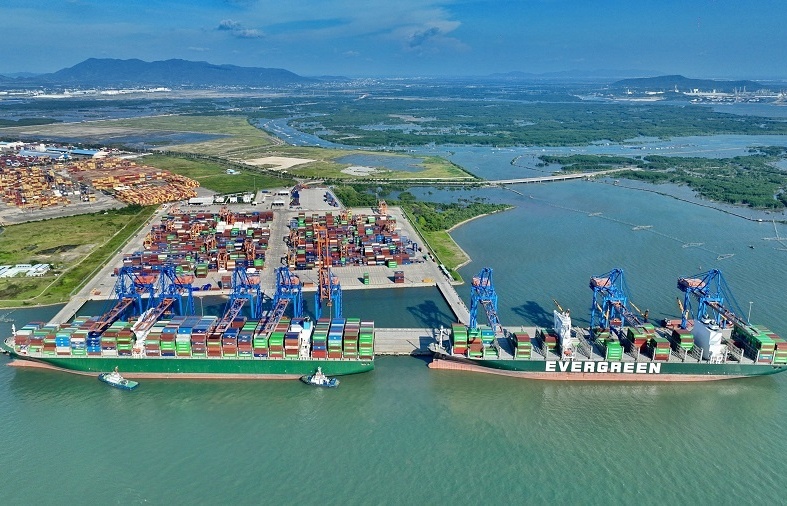

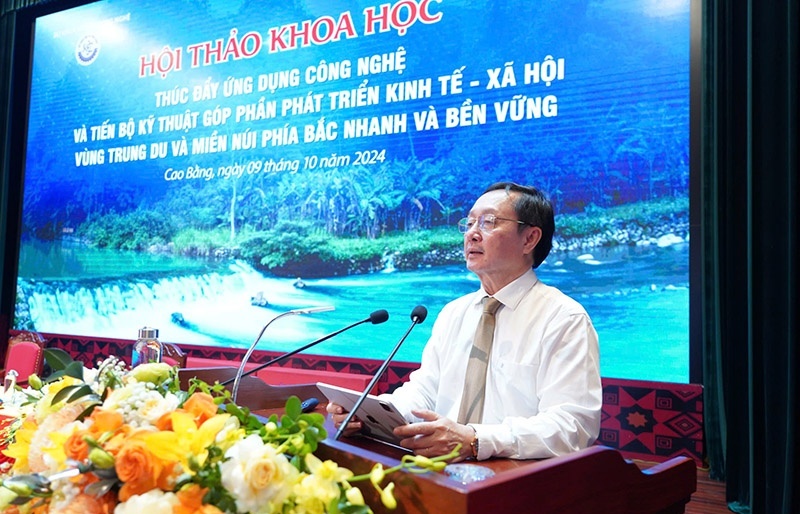
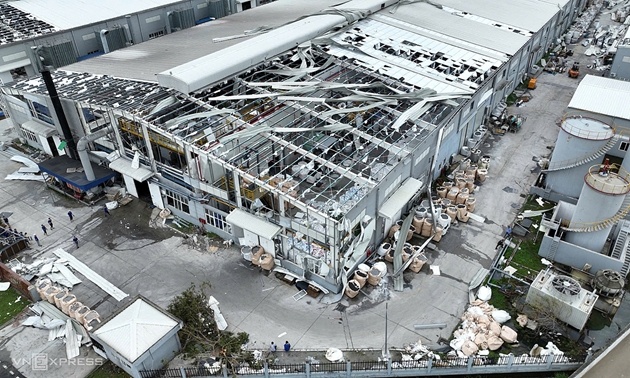









 Mobile Version
Mobile Version